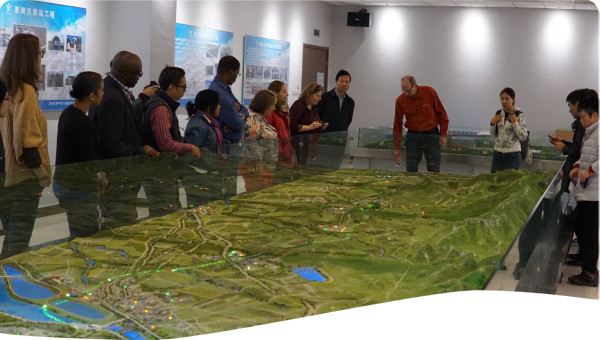Water resource management involves public investments with long-ranging impacts that traditional prediction approaches cannot address. These are increasingly being critiqued because (1) there is an absence of feedbacks between water and society; (2) the models are created by domain experts who hand them to decision makers to implement; and (3) they fail to account for global forces on local water resources. Socio-hydrological models that explicitly account for feedbacks between water and society at multiple scales and facilitate stakeholder participation can address these concerns. However, they require a fundamental change in how we think about prediction. We suggest that, in the context of long-range predictions, the goal is not scenarios that present a snapshot of the world at some future date, but rather projection of alternative, plausible and co-evolving trajectories of the socio-hydrological system. This will both yield insights into cause–effect relationships and help stakeholders identify safe or desirable operating space.
Description / Abstract
Publication year
Publisher
Thematic Tagging
English
 Resource -
Resource -
